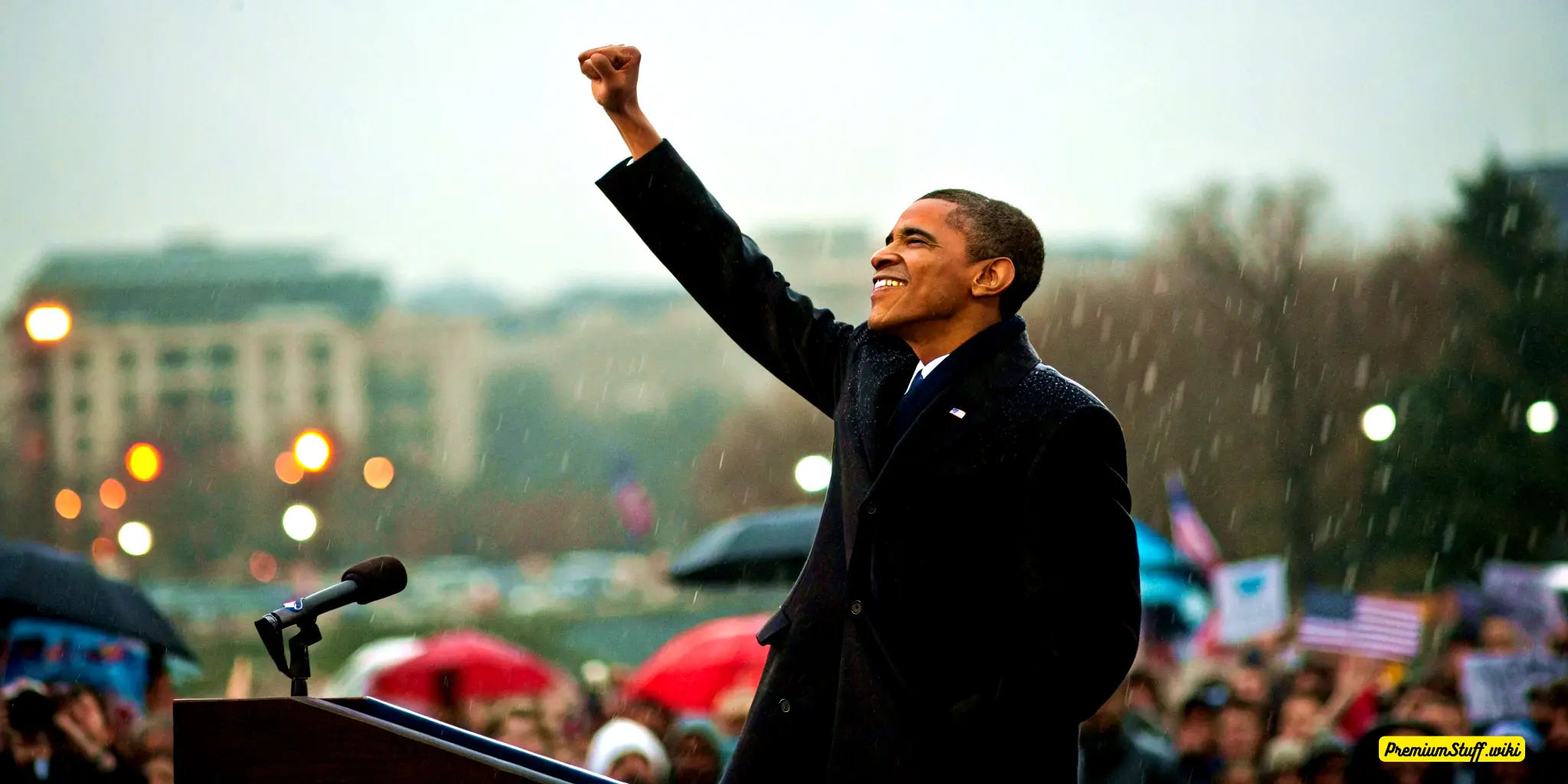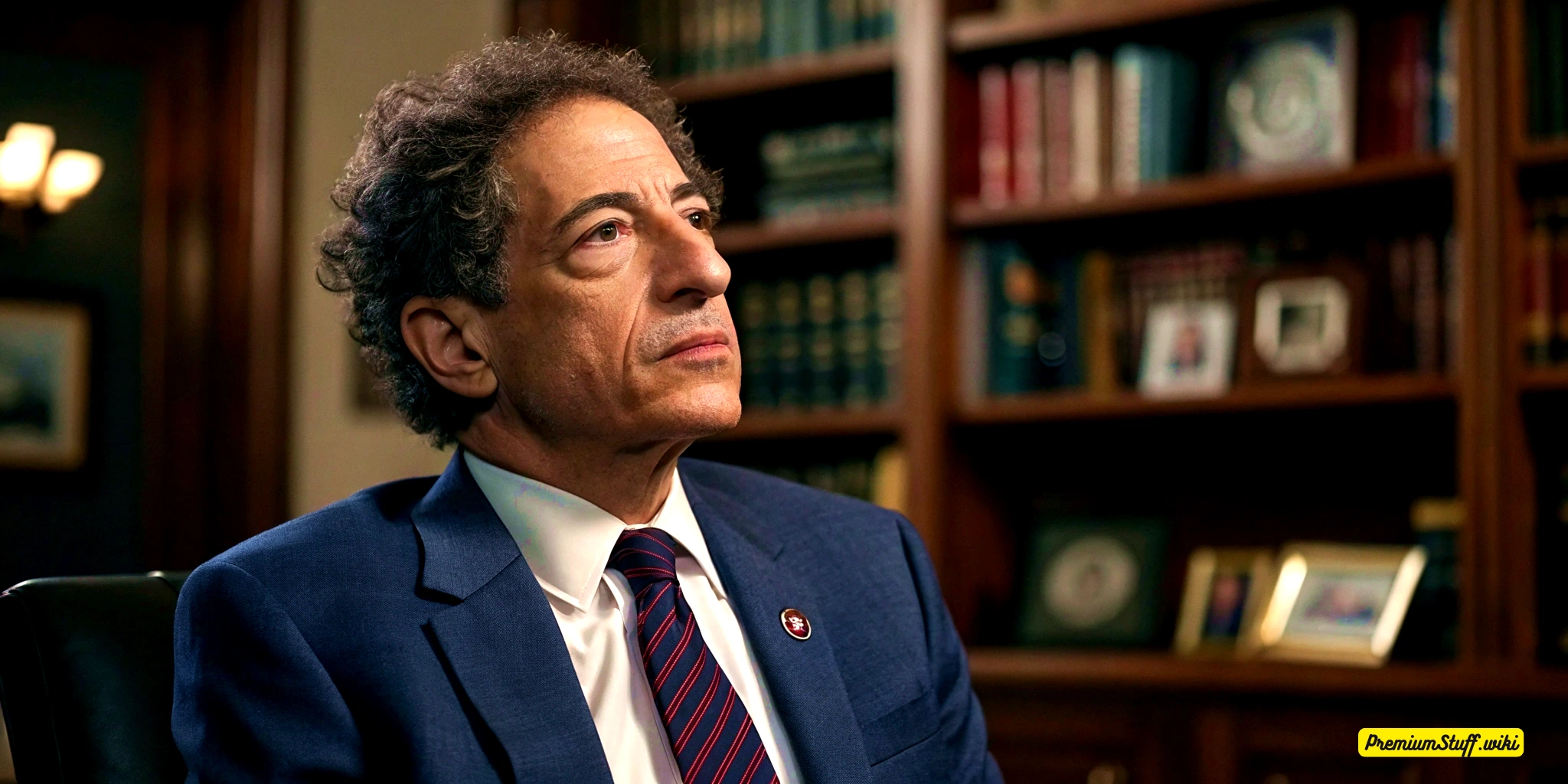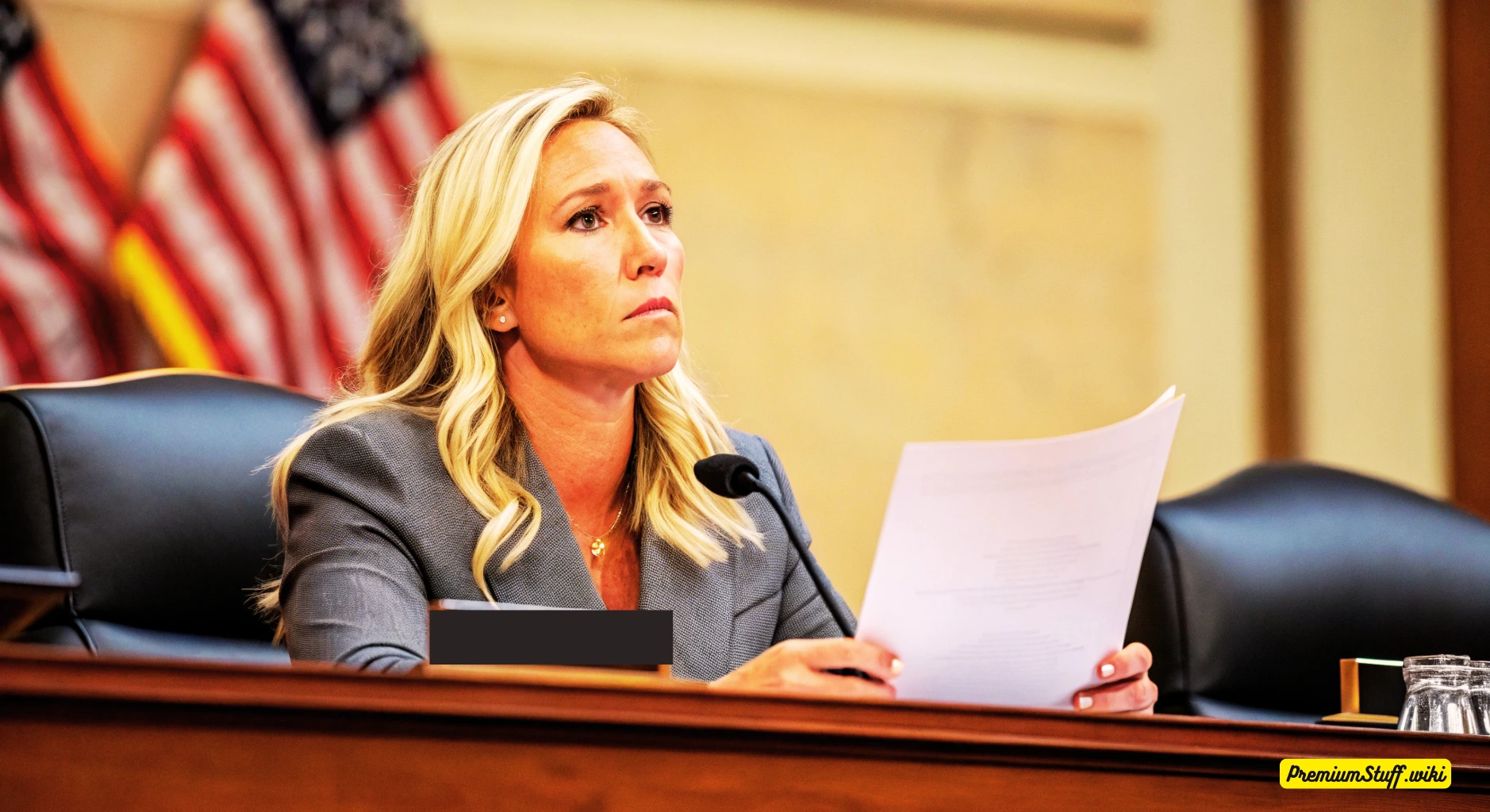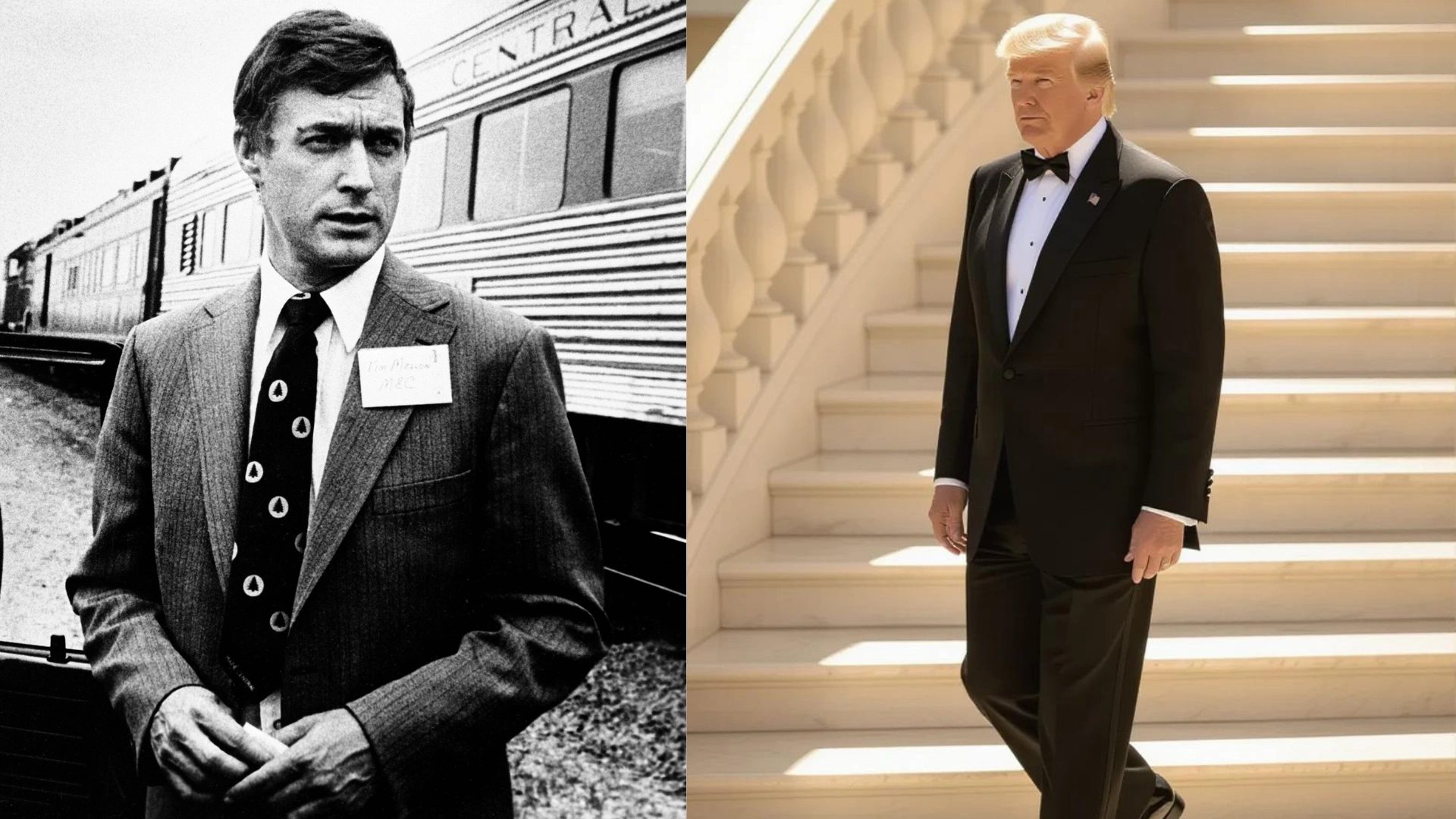Texas National Guard Deploys to Illinois Amid Growing Immigration Policy Clash
The Standoff Escalates
In an unprecedented domestic military movement, hundreds of Texas National Guard soldiers have arrived in Illinois, creating a constitutional crisis that pits state against state and tests the boundaries of federal power . The deployment, ordered by President Donald Trump and authorized by Texas Governor Greg Abbott, places armed troops from one state into another against the explicit objections of Illinois’ elected leadership .
The operation comes amid escalating tensions over the Trump administration’s immigration crackdown in Chicago, which has seen increased ICE raids and passionate public protests . With troops now stationed at an Army Reserve training center in Elwood, approximately 50 miles southwest of Chicago, the stage is set for a legal and political battle that could redefine National Guard operations nationwide .
“This is a moment where every American must speak up and help stop this madness,” declared Illinois Governor JB Pritzker, who has labeled the deployment an “unconstitutional invasion” . The political rhetoric reached new heights when President Trump called for Pritzker and Chicago Mayor Brandon Johnson to be jailed for “failing to protect ICE Officers!”
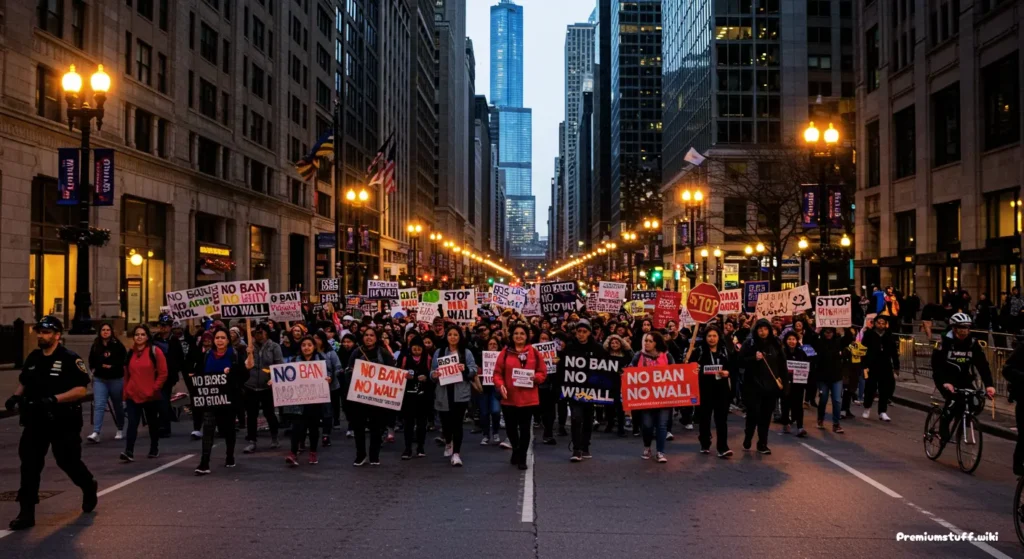
Mission and Deployment Details
According to U.S. Northern Command, approximately 500 National Guard members have been mobilized for an initial period of 60 days under federal authority . The force includes about 200 soldiers from multiple Texas National Guard units and 300 from Illinois National Guard units, all operating under Title 10 orders that place them under federal control .
The official mission, as stated by Northern Command, is to “protect U.S. Immigration and Customs Enforcement and other U.S. government personnel who are performing federal functions, including the enforcement of federal law, and to protect federal property” . Specific assignments include providing security at the Broadview ICE processing center outside Chicago, where protests have regularly occurred .
The Texas troops were sighted wearing full military gear and carrying riot shields, though their exact rules of engagement remain unclear . Pentagon officials have not responded to multiple requests for comment about specific operational details or the projected cost of the deployment .
Political Firestorm Erupts
The deployment has ignited fierce political warfare along partisan lines, with Republican leaders supporting the operation and Democratic officials condemning it as an abuse of power.
Governor Abbott defended the deployment during a Fox News interview, stating the National Guard troops were being deployed to “safeguard” ICE officers . “The president has the constitutional responsibility to enforce the laws of the United States,” Abbott told Sean Hannity. “The president has the authority to call up National Guard to assist in enforcing those laws” .
The Texas governor further escalated tensions by claiming that if anyone is shot or attacked during protests, Governor Pritzker and Mayor Johnson would be “accomplices to those crimes by stirring up hate against ICE agents” .
Illinois leaders have responded with equal force. “Let me be clear, Donald Trump is using our service members as political props and as pawns in his illegal effort to militarize our nation’s cities,” Pritzker said at a recent news conference . Mayor Johnson, pushing back against Trump’s call for his jailing, noted, “This is not the first time Trump has has tried to have a Black man unjustly arrested. I’m not going anywhere” .
The conflict has even threatened the stability of the National Governors Association, with Pritzker and California Governor Gavin Newsom threatening to leave the traditionally bipartisan organization over the interstate deployments .
Legal Battles Loom
As troops settled into their temporary quarters in Elwood, where fencing was erected and trailers set up as living quarters, legal challenges were moving forward .
Illinois and Chicago filed a lawsuit on Monday seeking to block the deployment, arguing that the foundational principle separating military from domestic affairs is “in peril” . A federal judge declined to immediately block the deployment, scheduling a hearing for Thursday to consider the case .
Similar legal battles are playing out in other states. In Oregon, a federal judge temporarily blocked Trump from deploying National Guard troops to Portland, stating his descriptions of an emergency there were false and that the U.S. is a “nation of Constitutional law, not martial law” . That decision is being appealed, with hearings also scheduled for Thursday .
Legal experts point to the unusual nature of deploying one state’s National Guard to another state against the host state’s wishes. Ten Democratic U.S. representatives from Texas called Trump’s deployment “unlawful,” warning in a letter to Abbott that “if any other state deployed their National Guard to Texas without our consent, we would call that an invasion of Texas” .
Human Impact and Community Response
Beyond the political and legal maneuvering, the deployment has tangible effects on communities and residents.
In Broadview, Mayor Katrina Thompson expressed deep concern about the Texas troops converting the ICE processing facility “into a military fortress, within shooting distance of Broadview residents’ homes and businesses” . She described the deployment as rooted in “the historic intimidation of African-American communities by government officials waving guns in our faces” .
Meanwhile, Chicago has seen ongoing protests against immigration policies. Over 1,000 people marched through downtown Chicago on Wednesday evening, blocking traffic and demonstrating against both the immigration crackdown and the National Guard deployment . In response to escalating tensions, Broadview’s mayor has banned protests after 6 p.m. outside the local ICE facility .
The operations have also drawn criticism for their tactics. Governor Pritzker highlighted a recent raid where “Black Hawk military helicopters and more than 100 agents in full tactical gear” descended on a Chicago apartment complex in what he characterized as a theatrical display “seemingly for the cameras” .
Local residents have expressed mixed reactions. “Communities aren’t letting ICE just get away with it anymore so now it feels like they can declare martial law,” said area resident Adam Ehlers . Another local resident named Sean supported the operation, stating, “I think what Trump is doing is an awesome job. I think we need the national guard in Chicago, and I think we need mass deportation” .
Broader Implications and What Comes Next
The Texas Illinois deployment represents a significant escalation in the Trump administration’s immigration enforcement efforts and raises fundamental questions about military presence in domestic affairs.
The administration has expanded its immigration enforcement arsenal beyond traditional boundaries, including a recent move to arm United States Citizenship and Immigration Services (USCIS) officers for the first time in the agency’s history . This effectively transforms an agency that traditionally processes immigration benefits into an enforcement arm .
President Trump has also threatened to invoke the Insurrection Act of 1807 if courts block his National Guard deployments . This little-used law would allow the president to use active-duty military personnel for law enforcement within the United States . “If I had to enact it, I’d do it,” Trump said in the Oval Office, “if people were being killed and courts were holding us up, or governors or mayors were holding us up” .
Former military leaders have warned of the risks of politicizing the military. A group of former secretaries, admirals and generals of the U.S. Army and Navy told the court in Illinois that domestic deployments of the Guard are inherently risky and urged consideration of “the politicization of the military” .
As legal hearings proceed this week, the nation watches to see whether the courts will sanction this new model of interstate National Guard deployment or reaffirm traditional boundaries between military and civilian life. The outcome will shape not only immigration enforcement but the very relationship between state, federal, and military power in America.



